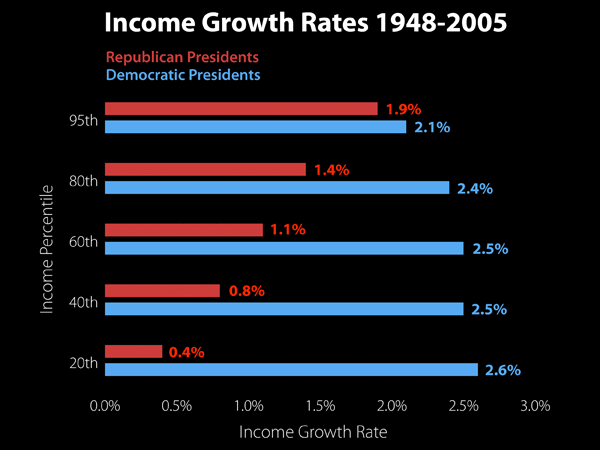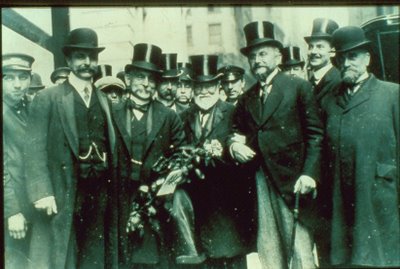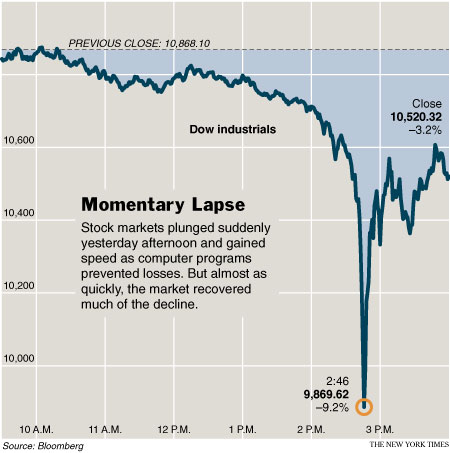“‘The potential for exit in terms of emigration is huge and it’s a major part of the Irish story’…’Ireland is on the verge of losing a whole generation. People are simply not able to get a job in Ireland, not happy with the quality of life here and they are upping and leaving.“
Faced, like so many other nations, with a bank-fueled financial meltdown and a grueling austerity program to make up the slack (sound familiar?), the Irish are — well, according to Reuters at least — either leaving or taking it in stride…for now. “‘It’s a cultural characteristic of the Irish people,’ said portrait photographer Kevin Abosch as he strode down O’Connell Street. ‘Generations of pacifism have been bred into them.’“
Particularly as I was just writing up The Town, it reminds me of that line from The Departed: “If we’re not gonna make it, it’s gotta be you that gets out, cause I’m not capable. I’m f**king Irish, I’ll deal with something being wrong for the rest of my life.”




